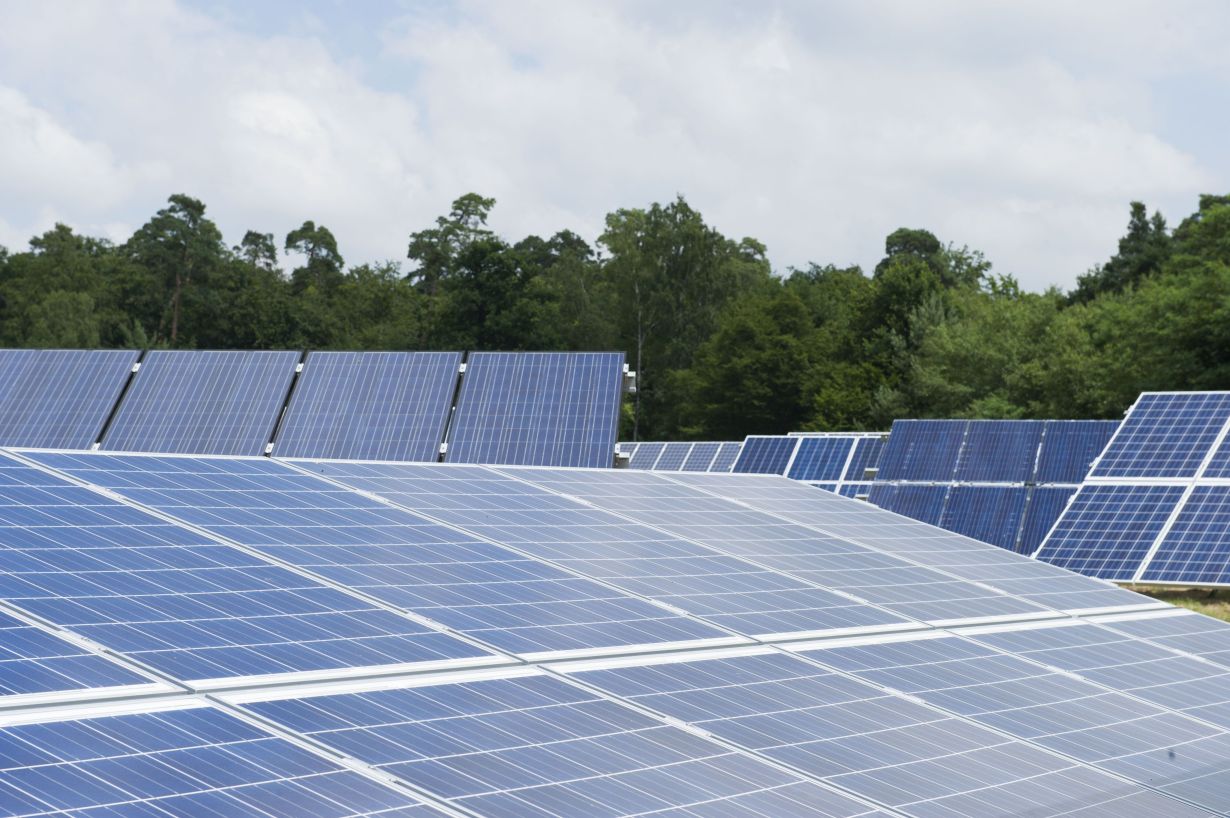Researchers of Karlsruhe Institute of Technology (KIT) want to develop an entirely new solar cell concept within the project “Novel liquid applied ceramic solar cells” (KeraSolar). They will combine photovoltaics research with ceramic functional materials to make use of the advantages of different solar cell technologies: Printability of organic and long-term stability of crystalline solar cells as well as ferroelectricity of perovskites.
One of the most important cornerstones of future CO2-neutral energy supply is solar energy. Solar cells can collect and convert solar power into usable electrical energy. Within the next six years, researchers of KIT will study an entirely new material concept for solar cells within their project “Novel liquid applied ceramic solar cells” (KeraSolar) funded by the Carl Zeiss Foundation with EUR 4.5 million.
The new functional materials will be made from ceramics which promise outstanding robustness and long-term durability. However, modern solar cells will have to possess even more properties: They have to be shapeable for integration into different surfaces for them to be turned into solar power plants. Production must consume as little energy as possible, manufacturing processes should do without toxic substances, and the necessary resources should be highly abundant. This is where the advantages of ceramic functional materials come into effect: They offer almost infinite possibilities for combining elements and connections and achieving tailor-made material properties. This opens up an entirely new big research field for the project team.
The project will be carried out at KIT’s Material Research Center for Energy Systems (MZE) that focuses on big research issues relating to energy conversion and energy storage. “We are delighted that the MZE has quickly become a showcase project for modern, multi-disciplinary materials research whose achievements are recognized and sustainably supported by KeraSolar,” says Professor Michael J. Hoffmann, one of the initiators of MZE. “We are very happy about the six years of funding by Carl Zeiss Foundation.”
About half of the 16 research groups from different scientific disciplines covered by the MZE will be involved in the project. Their expertise ranges from electrical engineering and materials science to physics and chemistry. They combine experimental approaches with theoretical considerations. “Thanks to scientists from completely different disciplines and backgrounds, we are able to set up such a challenging research project,” Dr. Alexander Colsmann says. Together with Michael J. Hoffmann, he will coordinate the new project. A new experimental platform specially established for the project team of “KeraSolar” will help shape KIT’s solar cell research in the long term.
About the Carl Zeiss Foundation
The Carl Zeiss Foundation’s mission is to create an open environment for scientific breakthroughs. As a partner of excellence in science, it supports basic research as well as applied sciences in the MINT subject areas (mathematics, information technology, natural sciences and technical disciplines). Founded in 1889 by the physicist and mathematician Ernst Abbe, the Carl Zeiss Foundation is the oldest private science funding institution in Germany. It is the sole owner of Carl Zeiss AG and SCHOTT AG. Its projects are financed from the dividend distributions of the two foundation companies.
More about the KIT Energy Center: http://www.energie.kit.edu
In close partnership with society, KIT develops solutions for urgent challenges – from climate change, energy transition and sustainable use of natural resources to artificial intelligence, sovereignty and an aging population. As The University in the Helmholtz Association, KIT unites scientific excellence from insight to application-driven research under one roof – and is thus in a unique position to drive this transformation. As a University of Excellence, KIT offers its more than 10,000 employees and 22,800 students outstanding opportunities to shape a sustainable and resilient future. KIT – Science for Impact.

